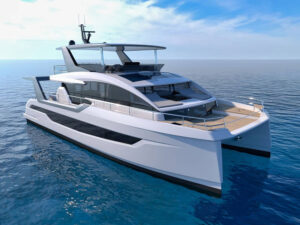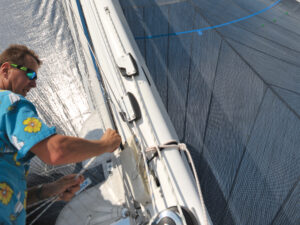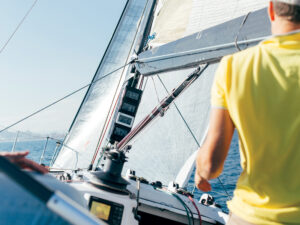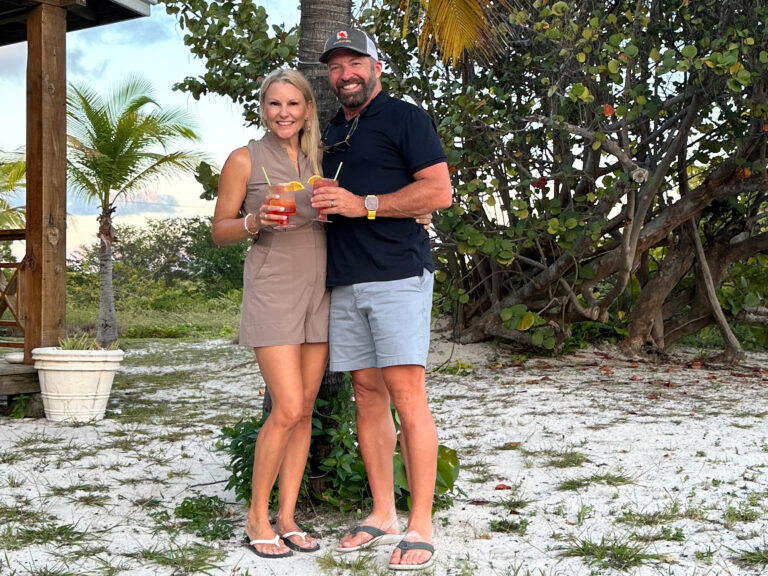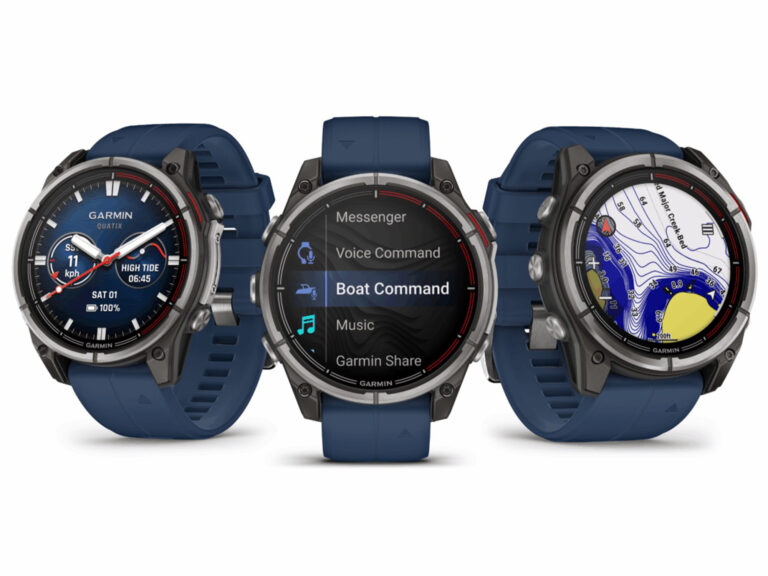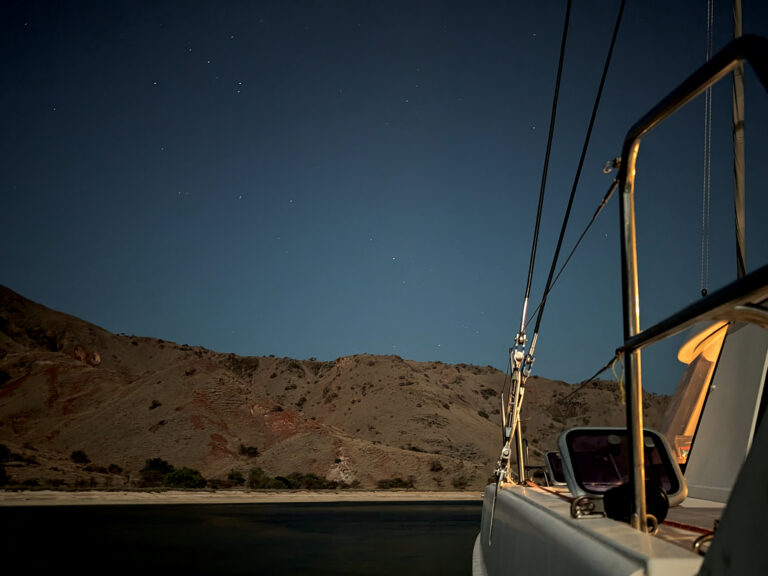
Water Filter
Clean water is not an onboard luxury: It’s a necessity. Drinking, bathing, cooking and cleaning all demand a high degree of purity in your potable water system. Begin the analysis of your system with your marine water tank. What is it made from? Has it ever been opened and inspected? Ideal potable water tank materials include 316L stainless steel; fiberglass that is coated with FDA-approved gelcoat; or epoxy and virgin linear polyethylene. Because of its susceptibility to both galvanic and poultice corrosion, aluminum, while used occasionally for water tanks (as well as integrally aboard aluminum vessels), is less than desirable in potable water applications.
Like all onboard tankage, water tanks should be equipped with inspection or cleaning ports. If your tank is so equipped and you’ve never peeked inside, now’s the time to determine if detritus has accumulated. Don a sanitary rubber glove and swab your finger across the inside of the tank. If it feels slimy or emits an odor, the tank’s interior needs to be scrubbed with detergent, rinsed and sanitized.

| |The bottom right hose in this image relies on steel wire reinforcement, which unfortunately is rusting. Seek other alternatives.|
Next, inspect your plumbing. All hoses, tubing and pipes should be rated for potable water use. If they’re not, there’s no telling what sorts of particles or compounds may be sloughing or leaching into your water supply. Hose, plastic tubing and plastic pipe (including fill and vent hoses) should all be emblazoned with at least one of the following designations: NSF61, FDA Approved or Potable Water Approved. Despite its widespread use, clear hose should be avoided due to its propensity to support algal growth. Conversely, opaque polyethylene, copper and PVC plumbing are well suited to potable water applications.
Anyone installing or working on potable water systems must strive to be as careful and hygienic as possible. Tank openings and plumbing ends must remain closed, taped over or otherwise covered unless they are actually being worked on at the time.
Filters can present a first, second and even third line of defense against potable water contamination. When filling tanks, running dockside water through a high-volume inline filter will ensure clean water is brought aboard. (Note: Dockside hoses are notorious for lacking a potable water approval rating.) However, filters containing activated charcoal should not be used for this purpose, as they will neutralize the chlorine contained in municipal water supplies, which will likely allow biological growth within the tank and plumbing. Also, liveaboard sailors who plan on leaving filters on the dock should make sure they have opaque canisters, as clear canisters are ideal breeding grounds for algae.

| |Proprietary potable-water plumbing systems like this one are not only reliable and compact, they are also specifically designed and suited for fresh drinking water.|
Onboard filters that service the entire boat can be installed immediately downstream of the vessel’s water supply pump, and in this case activated charcoal, along with a particulate filter, are an excellent option. These need not be specialized “marine” filters; household units work very well, and replacement elements are both readily available and inexpensive. Alternatively, you can opt to filter only the water that you intend to drink, cook or wash utensils with, using a “point of use” or under-counter unit. These low-volume specialized filters usually incorporate a carbon component and typically rely on a compact filter and dedicated countertop spigot.
Steve D’Antonio offers services for boat owners and buyers through Steve D’Antonio Marine Consulting (www.stevedmarineconsulting.com).


